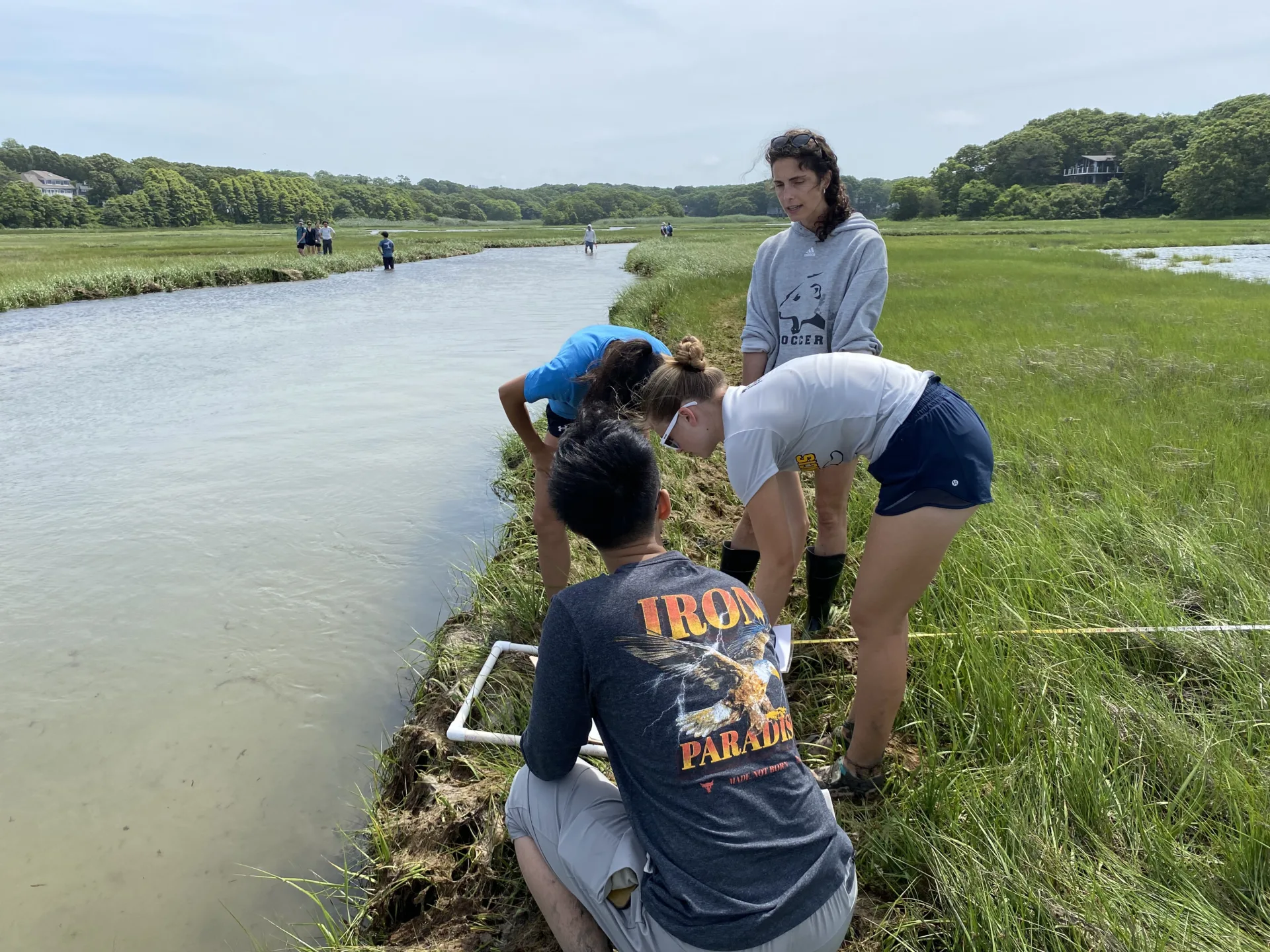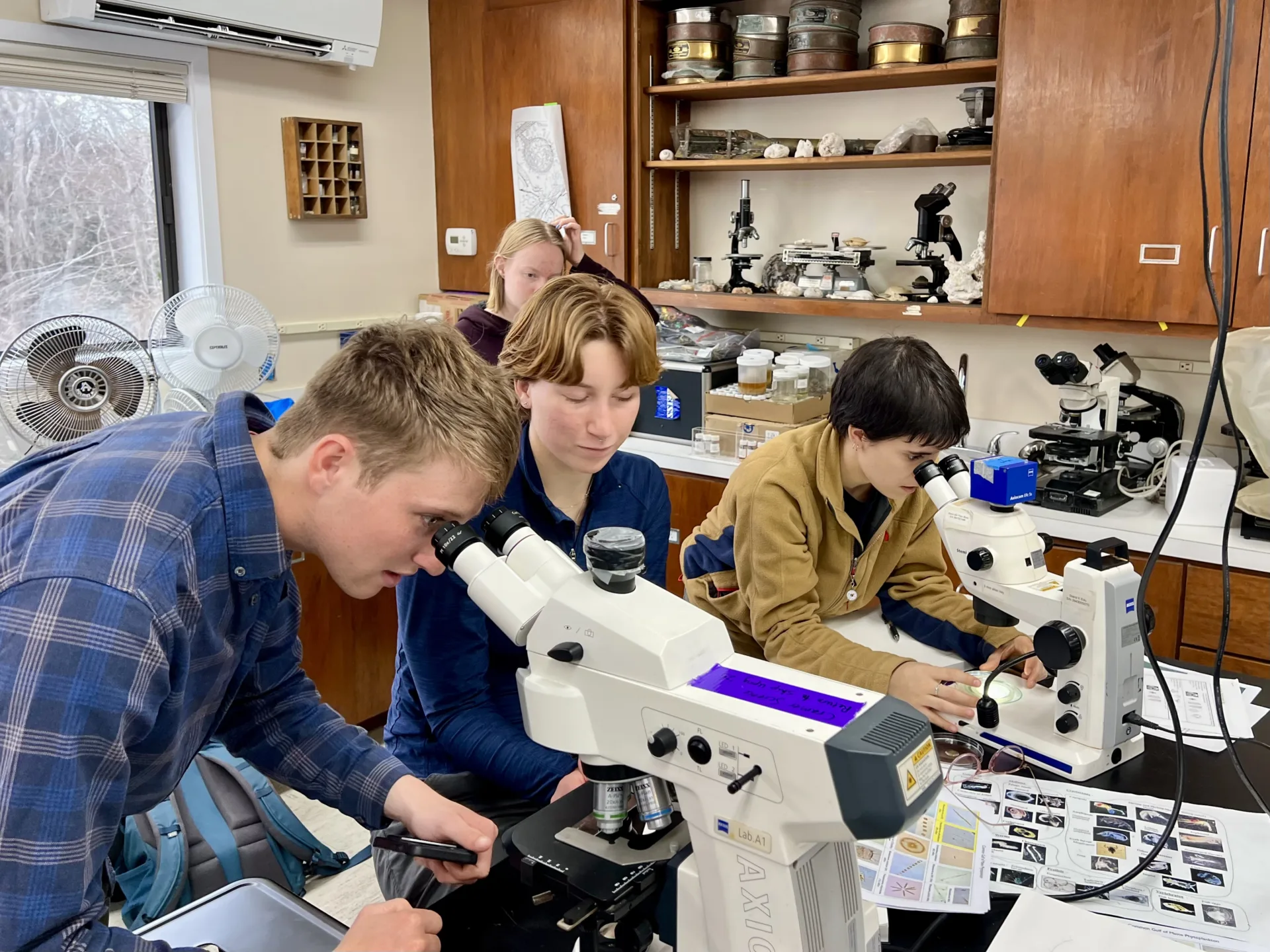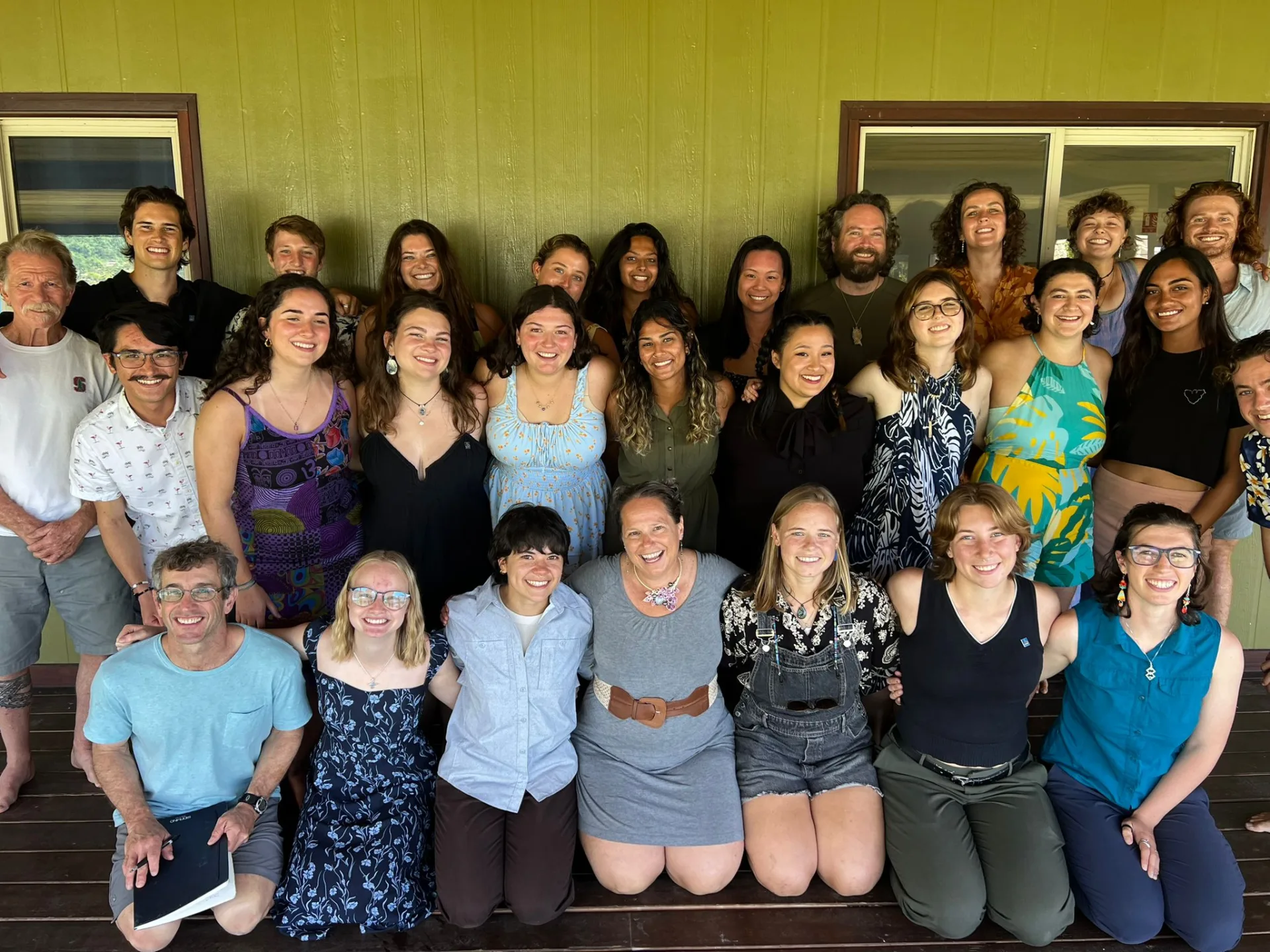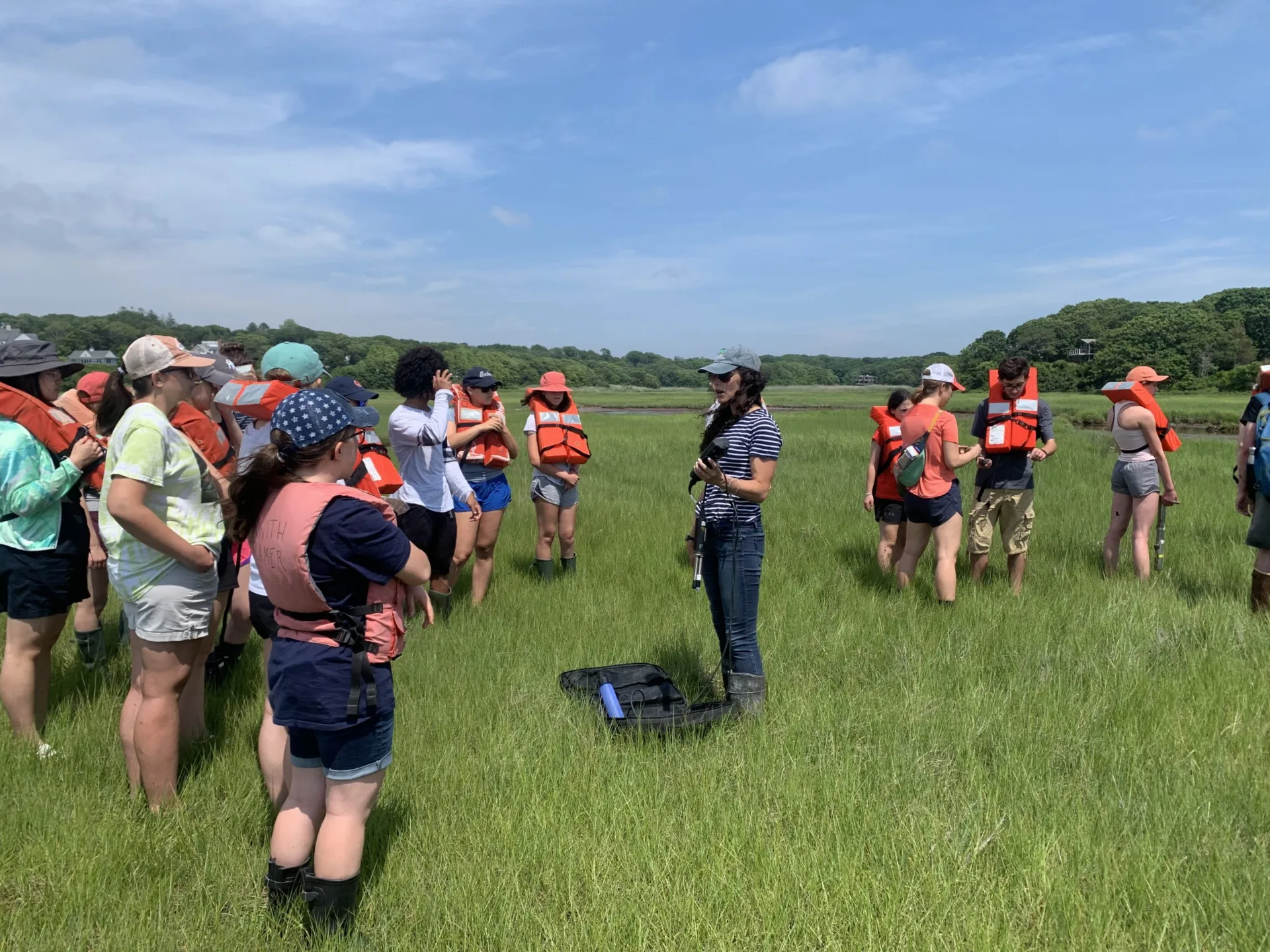Pre-College: Marine Biology
Pre-College: Marine Biology
Study ocean life from plankton to marine ecosystems during three weeks of academically rigorous, college-level coursework in Woods Hole, taught by PhD-level scientists. Designed for rising juniors, seniors, and recent graduates interested in pursuing marine biology, environmental science, or related disciplines at the undergraduate level, this program combines lab and field research on Cape Cod with visits to world-renowned institutions including Woods Hole Oceanographic Institution and the Marine Biological Laboratory.
Academic programming runs weekdays until 4:00 p.m. from SEA’s Madden Center with extensive field work and institution visits, followed by afternoons and evenings in supervised cottages with up to 12 peers. Design and execute your own group research project, then present findings to peers, faculty, and members of Woods Hole’s science community. Students share meals in SEA’s dining room and participate in evening activities—study hours, movie nights, community building, beach trips, and bike rides along Falmouth’s Shining Sea Bike Path.
Program Cost: $6,975

Learning Objectives

Investigate Marine Organisms and Ecosystems
Examine how marine species adapt to their environments and interact with one another through 40+ hours of lectures, lab work, and field investigations. Study coastal and pelagic ecosystems, biodiversity patterns, and ecological processes. Explore topics including species adaptation, conservation challenges, and human impacts like pollution and climate change.

Design and Conduct Original Research
Work in small groups to investigate a topic of your choosing—past projects include climate change impacts on seal species, plankton abundance and whale populations, and invasive species on Cape Cod’s eroding coastline. Develop hypotheses, collect and analyze data, and present findings to peers, faculty, and members of Woods Hole’s science community.

Access Woods Hole's Research Community
Tour facilities at Woods Hole Oceanographic Institution, Marine Biological Laboratory, Waquoit Bay National Estuarine Research Reserve, and Woodwell Climate Research Center. Meet scientists, engineers, and marine technicians conducting cutting-edge ocean research. Learn about career paths and current research in this world-renowned oceanographic center.
Apply
Upcoming Sessions
Program Dates
Aug 4 - Aug 21 2026
Cost & payment
Program Cost: $6,975
APPLICATION PROCESS
Students will be required to complete the following in order to be considered by the application deadline:
- Biographical form
- High school transcript
- One academic reference
- Short answer essay questions
- Interview (not applicable for SeaQuest or Ocean Studies on Cape Cod applicants)